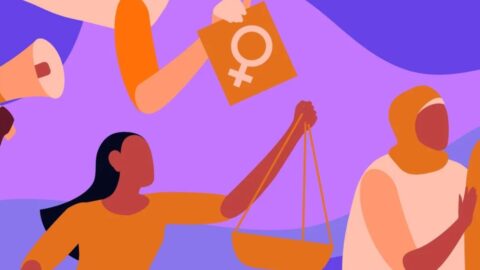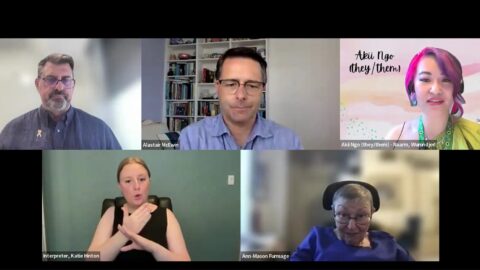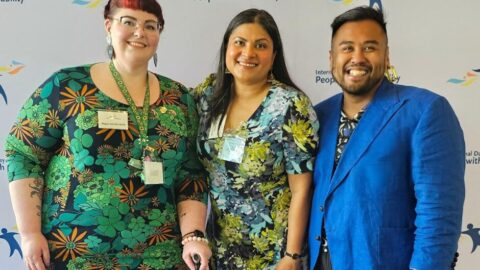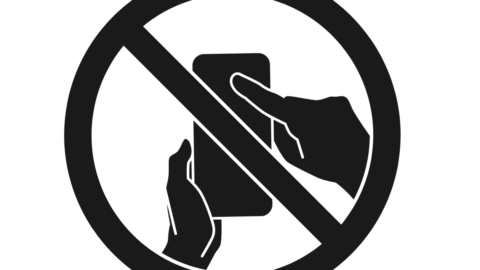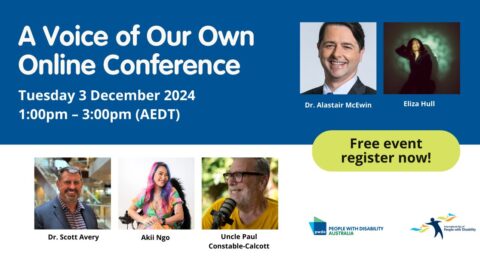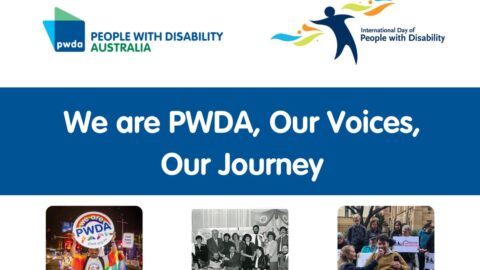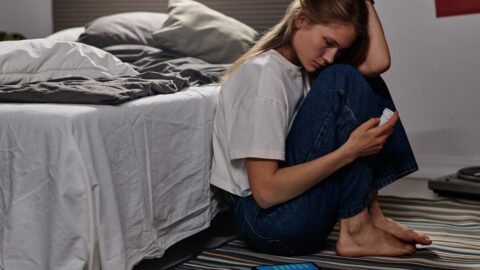As part of the 16 Days of Activism Against Gender-Based Violence, we are highlighting the urgent need for transformative action to address violence against women with disability.
Tag: inclusion (page 5)
A Voice of Our Own Online National Conference – a day that must be not just about us, but also with us, for us, and by us
On Tuesday 3 December 2024, to mark International Day of People with Disability (IDPwD), our way, People with Disability Australia (PWDA) hosted A Voice of Our Own – a national online conference created by and for people with disability.
Celebrating Disability Leadership: Reflecting on growth and the road ahead
Reflections on the 2024 IDPwD theme: Amplifying disability leadership by PWDA Senior Manager of Policy, Giancarlo de Vera
Submission to the Senate Environment and Communications Legislation Committee
People with Disability Australia joins other disability representative organisations in opposing the blanket ban outlined in the Online Safety Amendment (Social Media Minimum Age) Bill 2024.
Join us this International Day of People with Disability
This IDPwD, PWDA invites you to come together to share our voices, experiences and discuss what our future must be.
“We are PWDA, Our Voices, Our Journey”
This IDPwD, PWDA is calling on our members, supporters and allies to share stories and images with us about PWDA’s history, activities and work.
Response to the Advice on the National Suicide Prevention Strategy
PWDA’s submission in response to the consultation draft of Advice on the National Suicide Prevention Strategy.
PWDA Statement on Hate Crimes Bill
PWDA’s response to the Federal Government Criminal Code Amendment (Hate Crimes) Bill 2024.
AI For All – An Equitable Regulatory Framework for Australia
PWDA welcomed the opportunity to provide a submission to the Department of Industry, Science and Resources on Safe and Responsible AI in Australia
Submission: Disability and forced marriage
Submission to the Attorney-General’s Department’s Enhancing Civil Protections and Remedies for Forced Marriage Consultation Paper.

